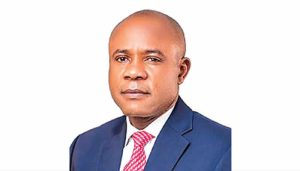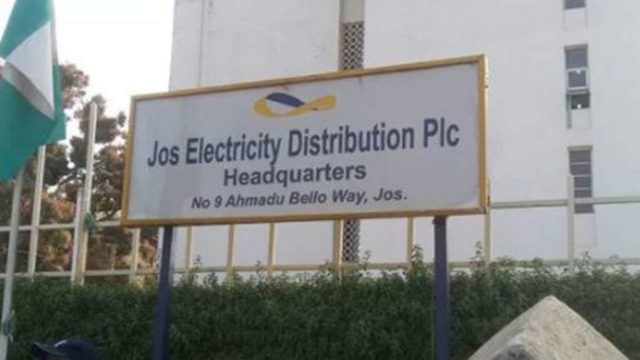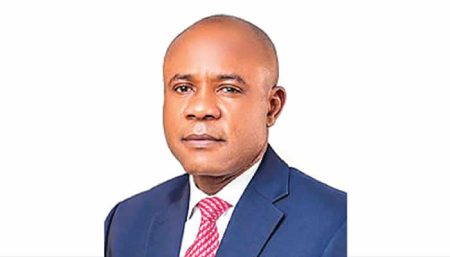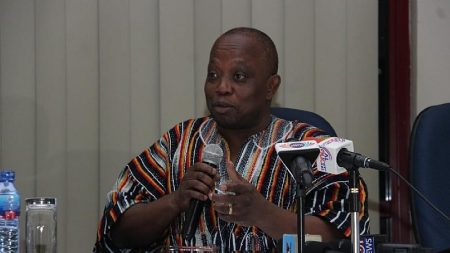The Jos Electricity Distribution Company (JEDC) has embarked on a proactive customer engagement initiative, promising improved service delivery, expedited transformer repairs, and a comprehensive prepaid meter rollout commencing in September 2025. This commitment was conveyed during a Customer Consultative Forum held in Gombe State, where JEDC representatives directly addressed customer concerns and outlined the company’s plans for enhancing electricity services. Rilwan Shehu, the State Operating Officer of JEDC, underscored the importance of customer feedback in shaping the company’s strategies and emphasized the forum’s role as a platform for open dialogue and prompt resolution of customer issues. The forum, as described by Shehu, signifies a crucial step towards building a stronger customer-centric approach and ensuring that the needs of the residents are effectively met.
A core focus of the forum revolved around the persistent challenge of faulty transformers, a major source of frustration for Gombe residents. Shehu unequivocally stated that the responsibility for transformer repairs lies squarely with JEDC. However, he also called upon customers to uphold their end of the bargain by ensuring timely payment of electricity bills. This reciprocal relationship, he argued, would create a positive feedback loop where prompt payments incentivize timely repairs and contribute to a more stable and reliable power supply. Shehu’s emphasis on shared responsibility underscores the symbiotic nature of the relationship between the electricity provider and its consumers, where both parties play a crucial role in maintaining a functional and sustainable power infrastructure.
Addressing the critical issue of metering, Shehu announced the impending rollout of prepaid meters, a move aimed at enhancing transparency and fairness in billing. The phased rollout will prioritize customers in Band A, those enjoying up to 24 hours of electricity supply, with subsequent expansion to other customer categories. This strategic approach seeks to address the metering gap systematically, starting with those who experience the most consistent power supply before extending the program to other bands. Shehu highlighted JEDC’s pioneering role in this nationwide metering initiative, underscoring the company’s commitment to modernizing its infrastructure and improving customer satisfaction.
However, the JEDC acknowledges the pervasive problem of vandalism targeting power installations, a significant obstacle to ensuring a stable electricity supply. Shehu condemned these acts of sabotage, highlighting the collaborative efforts with security agencies to apprehend perpetrators and address the root causes of this issue. The company’s proactive approach to security, involving close cooperation with civil defense, the Department of State Services (DSS), and the police, has led to the arrest of several suspects. But Shehu went further, pointing to the demand side of the problem – those who purchase stolen power equipment. He urged that tackling this “cartel” of buyers is crucial to curbing vandalism, as without a market for stolen goods, the incentive for theft would diminish.
Despite the challenges, Shehu commended Gombe residents for their improved bill payment record, directly linking this positive trend to enhanced service delivery. This acknowledgment of customer cooperation reinforces the idea of a partnership between JEDC and its consumers, where responsible payment behavior contributes to a more efficient and effective service delivery model. He stressed that sustained improvement in payment will continue to fuel further enhancements in electricity services, creating a virtuous cycle of customer responsibility and improved service delivery. This positive feedback loop emphasizes the symbiotic nature of the relationship between JEDC and its customers, where both parties benefit from responsible payment practices.
Ultimately, Shehu emphasized that JEDC’s success hinges on the collaborative relationship with its customers, acknowledging the interdependent nature of their roles. The company’s commitment to customer engagement is evident not only in the consultative forum but also in the educational initiatives aimed at promoting safety and responsible interaction with electrical installations. Abubakar Lamido, a safety officer from JEDC headquarters, reinforced this message by cautioning residents against tampering with electrical equipment, stressing the inherent dangers of such actions. These educational efforts complement the company’s broader strategy of enhancing service delivery and fostering a culture of safety and responsible electricity consumption. Finally, concrete action on the metering front was confirmed by Anas Sadiq, JEDC’s Meter Asset Provider Desk Officer, who stated that meter installations had already commenced in Plateau State, with Gombe slated to receive its deployment by the end of the following month. This phased approach aims to address the metering gap systematically, starting with Band A customers before progressing to other bands. While the forum provided an opportunity for JEDC to communicate its plans and address general concerns, it also served as a platform for individuals to air their specific grievances, highlighting the ongoing challenges faced by some customers in navigating the complexities of electricity service provision.














